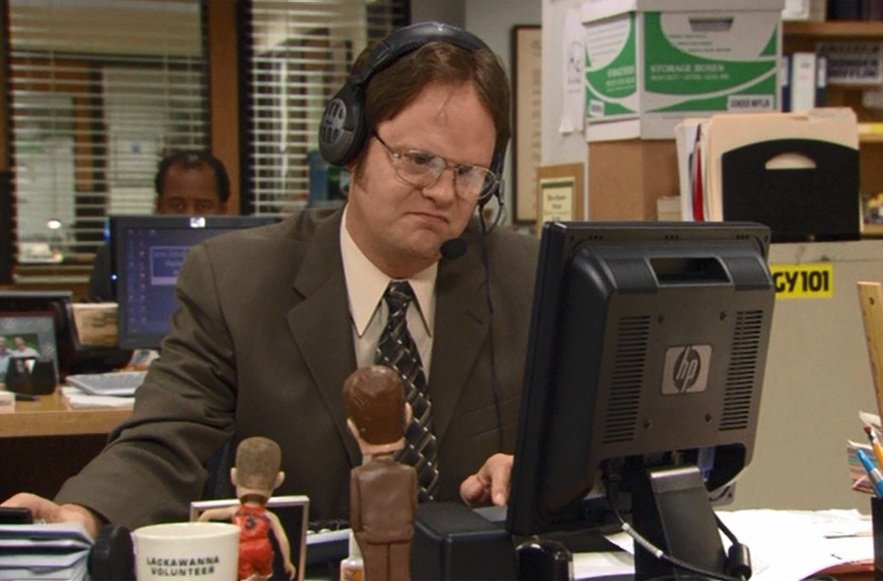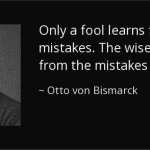5 Remedies for Being More Productive and Less Busy
Many working professionals would agree that being busy is a good thing. If you’re busy it means you have lots of work on your plate. It means people are counting on you, and you’re a needed asset to your employer. From a company perspective, busy employees mean business is going well and resources are being maximized. All these statements are definitely valid, and may be true. However, we can often have a misconception that being busy is always a good thing. I’m sure you can recall, as I can, of numerous coworkers over the years chronically vocalizing their crazy, hectic schedules and demands. The unbelievably over-used “I’m just so busy”, runs rampant in many company cultures. I’ve been confused over the years as to how many of those coworkers, busy as they may be, always seem to struggle to deliver on the projects they were accountable for. Raising the question, “if you’re so busy, why aren’t you ‘busy’ doing this?”
The problem of busyness is that it is often a hallucination of good performance. Productivity is the measurement that counts. How productive you are will determine the success of your work (obviously quality is in the mix, but just roll with me here). When you’re busy working on 7 initiatives, of which only 2 actually matter this month, that is not being productive, it’s being foolish.
I had some OCD with to-do lists myself, which can be a good thing, but it can get out of control. For example, I would pound through 8-10 actions on my list each week, but notice that the top 2-3 kept rolling over to the next. Those 2-3 actions were the most critical to my business’s success, yet I didn’t have a handle on it, and our startup was struggling. The way I eventually dealt with it was to cut back on the minor actions, and focus more on the critical items. This gave me hours back in my day and made me more productive.
Here are 5 sure-fire ways to increase productivity, which means less busyness and more accomplishment.
- Scale back on email – Email is one of the biggest drains on productivity. Checking email every 10-15 minutes or using the Outlook pop-up box like an urgent text message is a huge distraction. Use 30-minute periods to catch up on email. Respond to urgent requests first, and work your way back.
- Maximize blocks of time – How well do you utilize the down times you have? When coworkers are at lunch, in meetings, before or after they leave. Maximize this time to the best of your ability. If that means you don’t answer email or phone calls until 9:30am, then do it. By getting after your to-do list first thing in the morning, or last thing before you go home, you will make monumental leaps on accomplishing more.
- Turn everything off – Literally. When you’re in productive-mode, don’t let yourself be distracted. Obviously this applies for a limited amount of time and exceptions exist, but for that 60 minutes or so that you’re cranking out your work, make yourself hard to reach. A text, email or phone call that is unimportant can completely derail you, when you’re at your most productive time. This may apply to meetings too. Ask yourself if you need to be in all 6 of those meetings today, or is it best to get the notes from one of mandatory attendees?
- Set boundaries – Communicating with your team and coworkers is imperative. You don’t want to set the expectation that they’re unimportant to you, or that their request is trivial, but how you set the expectation is up to you. Send a note that simply says you will be unavailable because you’re working on finishing up XYZ. Or simply set a window of when you will get back to them. More often than not you’ll gain respect for it, and when you get more work done for the team, no one will complain.
- Digital detox – I get it, we’re obsessed with being available. How many emails have you sent at 10:45pm, only to get an immediate response from the recipient? Why? Our ease of availability is a thorn in our side. It makes us respond to the most non-critical issues with a sense of urgency. “Mary’s not going to be in tomorrow?” So what? Respond in the morning. Trying taking control of your work/life balance and you will be forced to get more done in the office.
Find what works for you. Granted, this may be more of a lifestyle change then work habit transformation in your case, but maybe that’s the point. Our day in age isn’t helping us with the countless distractions, but getting control of what you actually can control is critically important. Being busy is not a measurement of success. As productivity gets more attention, you will accomplish more, and the so-called “busyness” will start to melt away.


 Previous Post
Previous Post Next Post
Next Post